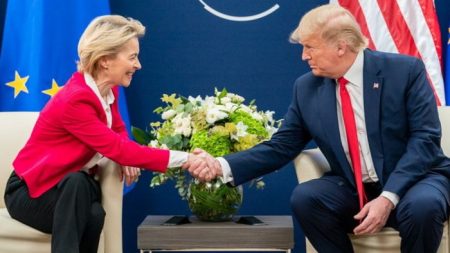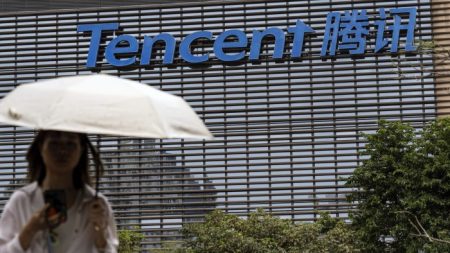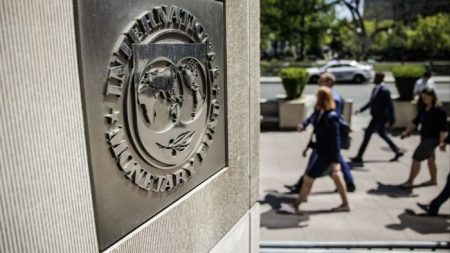Stay informed with free updates
Simply sign up to the Automobiles myFT Digest — delivered directly to your inbox.
The head of Chrysler has warned that tampering with the US-Mexico trade agreement risked making pick-up trucks unaffordable for Americans, after a suggestion from Donald Trump that he could curtail imports across the southern border if re-elected.
Trump hinted he would prevent cars built by Chinese companies coming in from Mexico if he became president again, in response to China’s BYD planning a new electric vehicle plant south of the US border.
“You’re not going to be able to sell those cars if I get elected,” Trump told a rally last month in Ohio. He has separately suggested imposing tariffs of 50-100 per cent on Chinese models coming into the US.
Carlos Tavares, who heads Stellantis — the owner of the Chrysler, Jeep and RAM brands — said breaking the US-Mexico-Canada Agreement would be a “lose-lose” scenario. He said that on top of higher car prices, such a move would flood the US with even higher numbers of Mexican immigrants.
“The first obvious consequence is huge inflation . . . because if you stop the sourcing of the most cost-competitive products . . . your costs go through the roof, and then your price goes through the roof,” he said. “Then the middle class cannot buy pick-up trucks anymore.”
The second issue, he added, was “what you do with the Mexicans that have no more jobs”.
The USMCA trade deal between Canada, the US and Mexico is due for a “review” in 2026 that may lead to new terms. However, some western automotive executives now privately believe that if Trump were to be re-elected in November, he would overhaul, or even scrap, the agreement.
Several auto groups have begun contingency planning around plants and investments. “Our expectation is that the border effectively closes,” said one senior executive. “We have to plan for that.”
Though Tavares declined to name Trump, he said: “It seems that the leader that you mention has a clear view on what you should do with immigration”.
Mexico’s car and auto parts industries employ almost 1mn people, and are heavily reliant on access to the larger US market.
Two-thirds of Mexico’s car production is exported to the US, while many US auto factories are reliant on Mexican component plants for lower-cost parts.
The country’s vehicle industry only started growing after the introduction of the North America Free Trade Agreement in 1994, which allowed parts and cars to travel between the US and Mexico without tariffs.
During Trump’s first period in office, the deal was revamped as the “USMCA”.
BYD, which already sells cars in Mexico, is planning to build a car plant in the country, which would give it a foothold to begin supplying the lucrative US market.
Tavares also warned that US buyers would be willing to switch to Chinese car brands, despite geopolitical tensions between the nations.
“If I look at the US, everybody tends to think the US is protected, [the Chinese] will not come in,” he said. “But in the 1970s the Japanese came, in the ’90s the Koreans came, and if you cannot make your pick-up trucks affordable, you have a problem.”
Read the full article here












